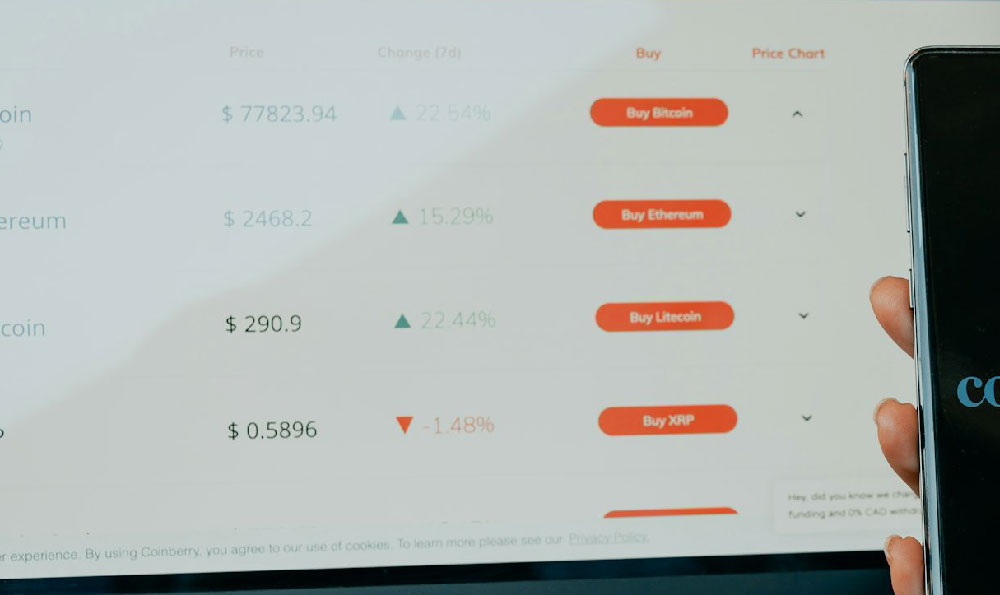Is Central Time in Florida, and Where Would That Be?
Okay, I understand. I will craft an 800+ word article answering the question "Is Central Time in Florida, and Where Would That Be?" comprehensively and in an engaging manner, avoiding excessive bullet points and ordinal indicators, and adhering to the tone of a seasoned investment and finance expert. I will present the information in English, designed to inform and potentially guide investment decisions based on understanding geographic and economic nuances.
Here's the article:
Navigating the complexities of time zones might seem a world away from investment strategies, but understanding even subtle geographic nuances can unlock crucial insights into market behavior, resource allocation, and ultimately, profitability. The question of whether Florida resides within the Central Time Zone, and if so, where, provides a perfect example of how seemingly unrelated knowledge can indirectly influence investment decisions.

Florida, unlike many states neatly compartmentalized within a single time zone, presents a slightly more complex picture. The vast majority of the state, including its major population centers along the Atlantic Coast and throughout most of the peninsula, observes Eastern Time (ET). This puts cities like Miami, Orlando, Jacksonville, and Tampa firmly within the Eastern Time Zone, a zone heavily influencing the financial markets given New York City's central role.
However, a significant portion of the Florida Panhandle, specifically the areas west of the Apalachicola River, operates on Central Time (CT). This region encompasses cities like Pensacola, Panama City, and Tallahassee (though Tallahassee is very close to the Eastern Time line). This division reflects historical trade routes, economic ties with neighboring states like Alabama and Georgia which are partially on Central Time, and ultimately, the geographic reality of the Panhandle being considerably further west than the rest of the state.
Why does this time zone distinction matter beyond simple scheduling? Consider the implications for businesses operating across Florida. A company with headquarters in Miami attempting to coordinate operations with a branch in Pensacola needs to account for the one-hour time difference. Miscommunication regarding deadlines, meeting times, or even the release of crucial market data can lead to inefficiencies, errors, and ultimately, financial losses.
From an investment perspective, this regional variation impacts several areas. Real estate investments in the Panhandle, for instance, might be influenced by economic factors more closely aligned with the Central Time Zone states. Analyzing market trends in Pensacola necessitates a different benchmark than analyzing trends in Miami. The cost of labor, infrastructure development, and tourism patterns can be significantly affected by proximity and operational alignment with neighboring states operating on Central Time.
Furthermore, understanding time zone differences is crucial for interpreting economic data releases. Many key economic indicators, such as unemployment figures, inflation reports, and GDP data, are released according to a specific time zone, usually Eastern Time. An investor analyzing the immediate market reaction to such a release needs to consider whether the market participants in the Central Time Zone have had adequate time to digest the information and factor it into their trading decisions. Algorithmic trading firms, in particular, rely heavily on precise timing, and an awareness of the time zone differences across various markets is paramount for developing effective trading strategies.
The energy sector provides another compelling example. Florida, as a major consumer of electricity, relies on a complex grid system to distribute power across the state. The peak demand for electricity might occur at different times in the Eastern Time Zone and the Central Time Zone portions of the state, impacting the operational efficiency and cost of power generation and distribution. Investors in energy companies operating in Florida need to factor in these regional variations in demand patterns to accurately assess the profitability and sustainability of their investments.
Consider the tourism industry, a cornerstone of Florida's economy. While the state as a whole benefits from a favorable climate and diverse attractions, the tourism patterns in the Panhandle might differ from those in the peninsula. The Central Time Zone location of the Panhandle might make it more attractive to tourists from states like Texas, Illinois, and Tennessee, leading to different seasonal trends and marketing strategies. Investors in hotels, resorts, and other tourism-related businesses in the Panhandle need to be aware of these regional nuances to make informed investment decisions.
Beyond these sector-specific examples, the time zone difference highlights a broader point: the importance of granular data analysis in investment decision-making. Understanding the subtle differences within a seemingly homogenous market can reveal hidden opportunities and mitigate potential risks. By acknowledging the impact of factors like time zones, investors can refine their due diligence process, develop more targeted investment strategies, and ultimately, achieve superior returns.
In conclusion, while the majority of Florida operates on Eastern Time, the Panhandle's adherence to Central Time is more than just a geographic curiosity. It's a reminder that economic landscapes are rarely uniform, and that a keen understanding of regional variations can provide a significant competitive edge in the world of investment. By paying attention to these seemingly minor details, investors can unlock valuable insights and make more informed, and ultimately, more profitable decisions. This seemingly simple question about time zones underscores the broader principle of thorough due diligence and the power of nuanced understanding in a complex financial world. The time zone difference highlights the importance of considering geographic factors and regional variations when evaluating investment opportunities in Florida.













